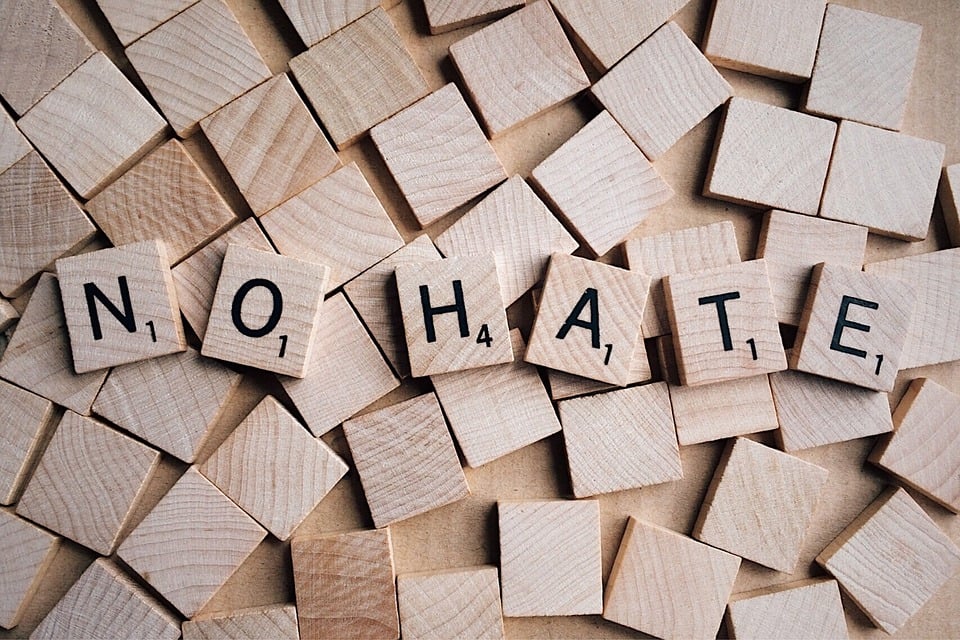On December 16, a working group was set up in the National Assembly to combat hate speech.
For six months, MPs, independent experts, civil society representatives will study and discuss the international experience of hate speech, compliance with our legislation, criminalization of hate speech and other issues.
“It has long been debated that hate speech should be regulated by law. We thought of setting up a platform in the National Assembly, discussing all the proposals. Our goal is not just criminal settlement, but public awareness through education is important to us,” said Sarkis Khandanyan, head of the working group, MP for My Step.
Hate speech is the expression of a human attribute, of a group, which is accompanied by a call to violence, hatred, inciting, and instigating actions that stem from hatred.
According to him, the scope of criminal responsibility should be increased by expanding the scope of discrimination.
In our Code, the prevalence of hate speech in our Code is governed by three characteristics: race, religion, and nationality. A breach of which is criminally punished.
But there is also a need to expand on these three key features as people are discriminated against and become targets of hate speech on other grounds: sex, origin, occupation, social or physical status, gender identity, disability, and so on.
“It is important to have a public conversation on this topic, to publicize the discussions so that people feel they understand that the fight against hate speech is not a restriction on freedom of speech. Hate speech is not protected by guarantees of freedom of speech,” said Sargis Khandanyan.
Unlike fake news circles, where regulation is difficult to think of, European countries’ practices of hate speech legislation may be helpful:
“It is necessary to consider the context in which the speech is spoken, who said it, what the audience for this speech was, to find out whether it was intentional or not. And how often it is said. Hate speech must be repeated,” said Sargis Khandanyan.
Those fighting against hate speech say that it is difficult to decide which cases should be considered a civil and which cases criminal liability.
NA deputy Maria Karapetyan cites the UN Rabat Test as an example to guide her in her dilemma on her Facebook page.
The test is based on six points: context, author, intent, content and form, distribution, probability or risk of harm.
If hate speech is to be dealt with in the criminal area, it is important to justify the likelihood or risk of harm. It is also necessary to prove the causal link between hate speech and possible violence or discriminatory action.
Of course, social media sites and social media pages of news outlets are a convenient platform for hate speech, where the flow of comments and opinions do not shine against dignified speech. And calls for violence born out of hate speech are not few.
The extent to which the media follow and monitor the hygiene of their pages is up to the media outlets alone.
Astghik Sapeyan, the editor of 1in.am and Zhamanak daily, often comes across hate speech and thinks it’s time to regulate the field by law.
According to her, it takes tremendous effort every day to keep track of and modify the posts on the site, social media platforms. The media mainly removes hate speech, violence, and posts with swear words during live broadcasts, interviews, but cannot control what posts may have been written weeks and months after posting the video on YouTube.
The editor of the media says that the legislation cannot completely regulate the field, but it will make people more alert and reduce the proportion of hate speech.
The new government has been talking about the need to fight hate speech since the days of the revolution. Surprisingly the fight was delegated to the National Security Service. The user of the “Dukhov Armenia” page was arrested for spreading calls for violence and hate speech. There is nothing new from the investigation of the case, though this could become a precedent in the context of the fight against hate speech.
In addition to legislative reductions, hate speech requires public vigilance and realization that spreading hatred and animosity is not bravery but a punishable act.
Gayane Asryan







